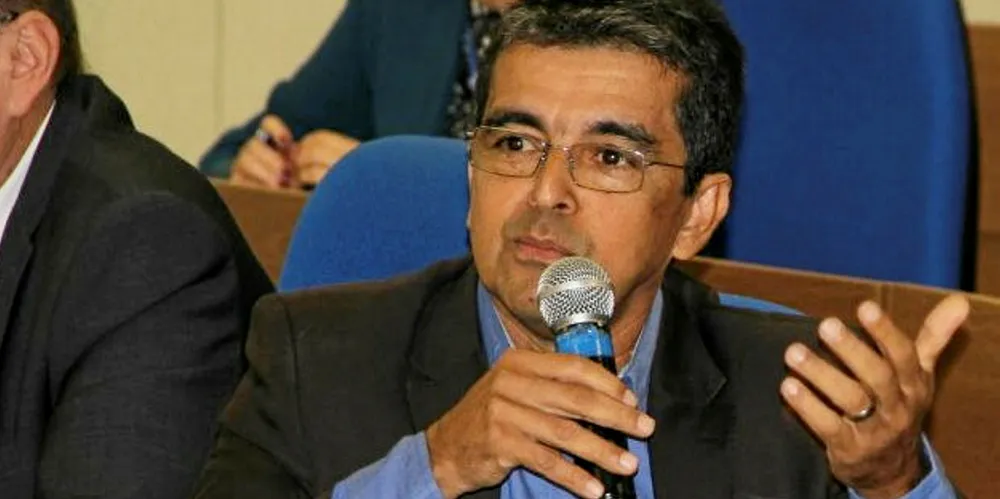New production license shift could make Brazil 'a great aquaculture power'
Aquaculture producers expect to get much speedier access to production licences following long-awaited approval of measure by lawmakers.

Aquaculture producers expect to get much speedier access to production licences following long-awaited approval of measure by lawmakers.
